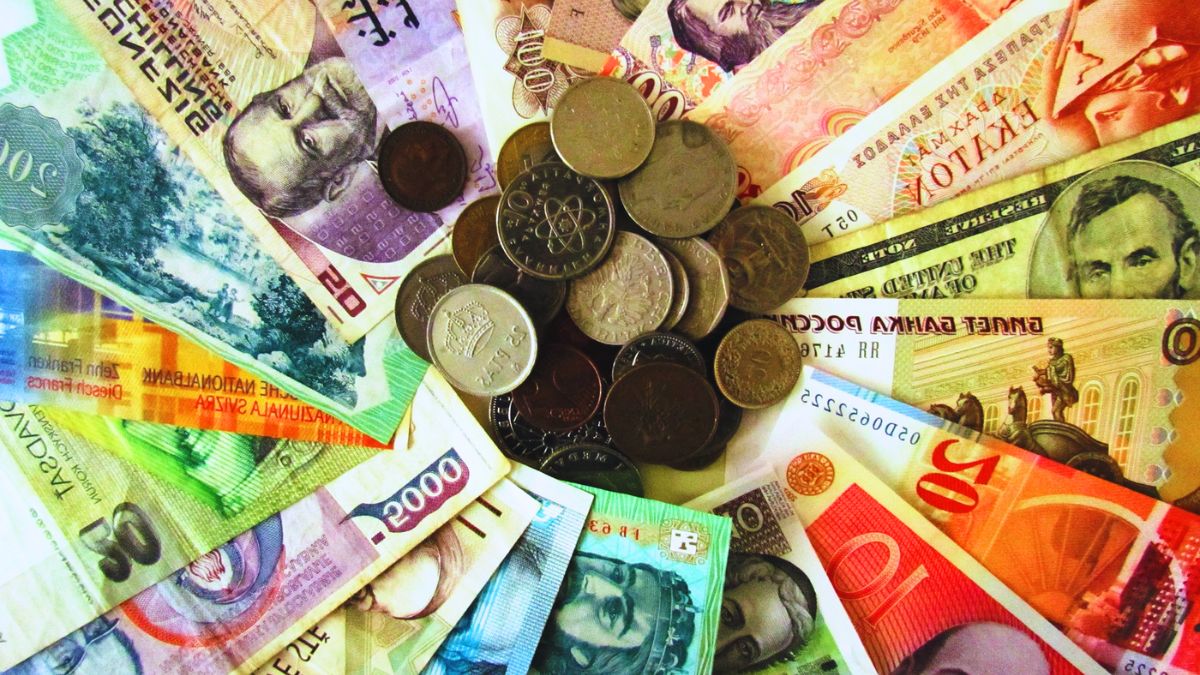Business
Foreign Exchange: Banks Under Fire for Rate Racket

A shocking revelation has rocked the foreign exchange market in Mauritius, as a bank has been accused of offering to pay importers more than the market rate for foreign currency.
According to reports, this is not an isolated incident, and several banks have been engaging in similar practices amidst a severe shortage of dollars on the market.
The situation has been further complicated by the failure of banks to adhere to the Consolidated Indicative Rates (CIR) set by the Bank of Mauritius.
The CIR is a daily rate that reflects the average market rate for foreign exchange, calculated by averaging the indicative rates submitted by all banks.
The aim is to provide an indication of the average market rate in effect at the time of publication.
However, importers have been left stunned and bewildered when their banks offered to pay more than the displayed rate for foreign currency.
This has led to complaints about the lack of transparency and fairness in the market.
The shortage of dollars on the market is attributed to a surge in freight costs due to conflicts in the Middle East, which has increased the cost of imports.
This has put pressure on one of the country’s main sources of foreign currency, tourism revenue, which stood at Rs 23.98 billion for the first quarter of 2024.
Harvesh Seegolam, Governor of the Bank of Mauritius, had previously emphasized that he would not tolerate “disorderly conditions” on the foreign exchange market.
However, a banker pointed out that a bank cannot force a client to sell their foreign currency at a rate that is higher than the market rate.
Instead, the bank may act as an intermediary in the transaction, although the client may choose to sell their foreign currency at a higher rate.
An former Governor of the Bank of Mauritius has urged the Mauritius Bankers Association (MBA) to take a more proactive role in addressing this issue.
“We never see the MBA coming forward with solutions to this kind of problem. It is the association that should be representing us to the Bank of Mauritius,” he said.
The former Governor also proposed that the regulator publish a daily exchange rate that all banks must adhere to.
The MBA CEO, Daniel Essoo, explained that the liberalized foreign exchange market is subject to strict international rules and regulations under the supervision of the Bank of Mauritius.
However, he acknowledged that some banks may be exploiting this situation by demanding more than the market rate for foreign currency.
A banker warned that this practice could lead to a destabilization of the market, as it creates an imbalance between supply and demand.
The Bank of Mauritius has refused to comment on the issue, leaving many questions unanswered about what is driving the shortage of foreign currency and what actions will be taken against banks that engage in illegal practices.
The situation highlights the need for greater transparency and regulation in the foreign exchange market, as well as a more proactive approach from authorities to address these issues.
Source: Defi Media











